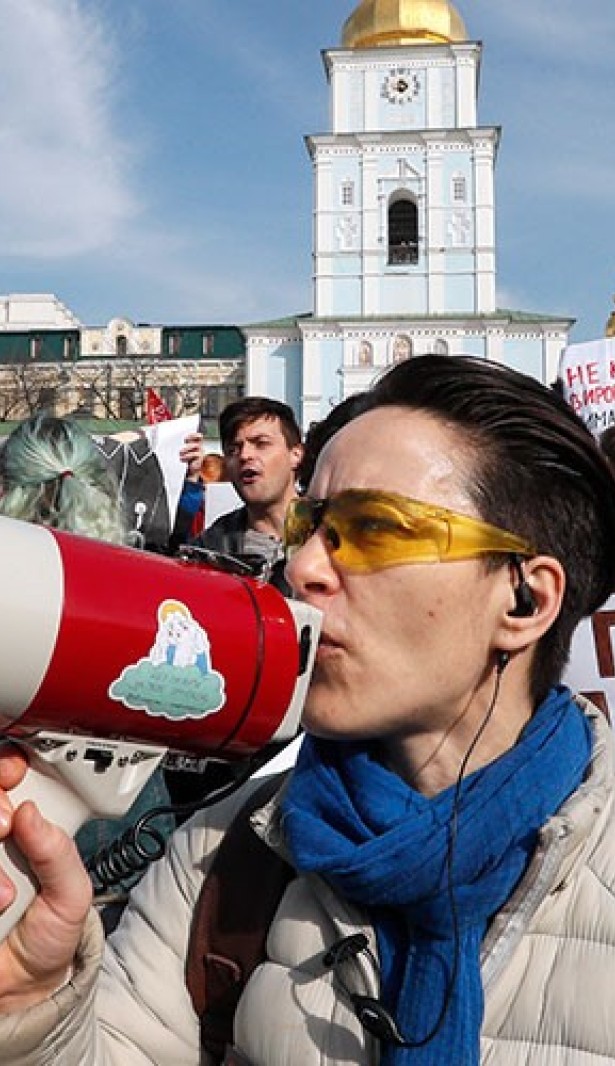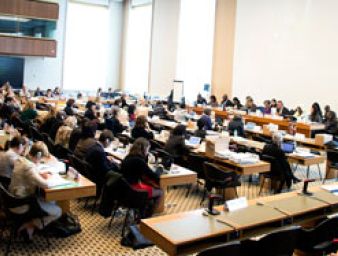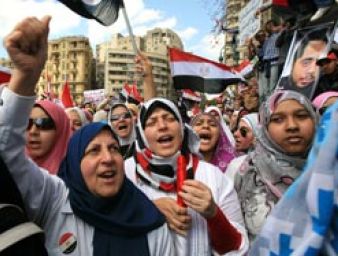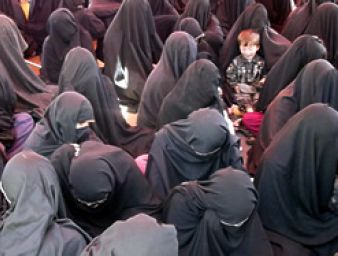Attacked because of who they are and what they do
11 March 2019
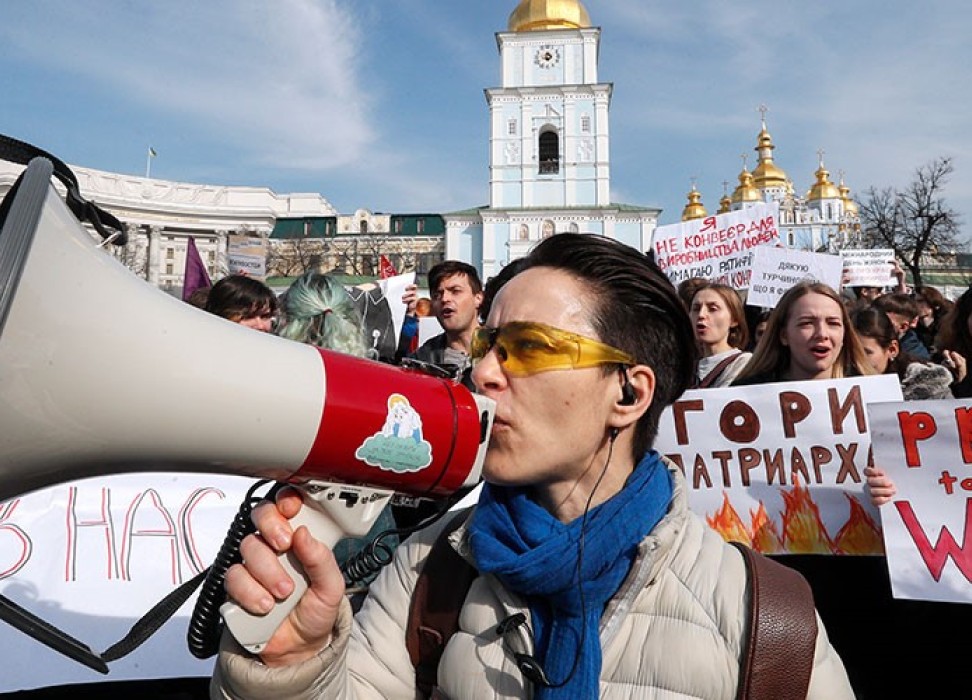
Far too many Women human rights defenders are targeted, stalked, harassed, even killed, simply because of who they are and what they do.
“In the current political climate, in which there is a backlash against human rights, women defenders are often the first to come under attack,” said Michel Forst, Special Rapporteur on the situation of human rights defenders. “As women human rights defenders have observed themselves, they are attacked because of their identity and because of what they do.”
Forst made this statement while presenting his thematic report “The situation of women human rights defenders,” to the Human Rights Council in Geneva. The report recognises the particular challenges faced by women human rights defenders and makes recommendations on how to better recognise, protect and support them.
A rise in resistance
There has been a rise in resistance to the work of women human rights defenders, Forst said. In his presentation, he noted an increase in misogynistic, sexist and homophobic speech by prominent political leaders, as well as the normalising of violence against women and gender non-conforming people.
“The reasons behind the targeting of women defenders are complex,” Forst said. “They are perceived as challenging traditional notions of family and gender roles in society. This can generate hostility from State actors and from the public, the media and other non-State actors. But their stigmatisation also comes from within their own communities, by community leaders, families, neighbours and faith-based groups.”
Multiple risks facing women human rights defenders
The risks faced by women human rights defenders have also increased, Forst said. The report outlines a number of risks including marginalisation and systematic exclusion, public shaming, attacks on honour, physical attacks, sexual assault, torture and killings.
Online harassment, violence and attacks are also on the increase for women human rights defenders, the report states. These attacks included threats of sexual violence, verbal abuse and doxing (a practice in which private information about a person is shared online by others). Rana Ayyub, an independent journalist and writer from India, was subjected to an online hate campaign after she was purposely misquoted in social media posts. Ayyub, whose work includes investigations into alleged crimes committed by public officials, was sent messages calling for her to be gang raped, murdered and dehumanised.
In an interview with the UN Human Rights Office, she called on social media platforms, as well as governments, to take more responsibility for the action of trolls.
“It is not just trolling, it is not just the abuse; it is the culture of fake news that leads to this kind of abuse against us,” she said.
Priority recommendations
In the report, Forst made several recommendations encouraging more robust actions for women human rights defenders by States. These include: taking a public stand against all State and non-State actors who violate the rights of women human right defenders; prioritizing/prioritising the protection of women human rights defenders online by adopting laws to protect their right to privacy; and dedicating part of their budgets to strengthening the participation of women in human rights activities.
“The findings of the report are the result of wide discussions and consultations with women defenders around the world since the beginning of my mandate,” Forst said. “There is no doubt that the experiences of women defenders are diverse.”
Learn more about women human rights defenders in the #Istandwithher campaign.
11 March 2019
